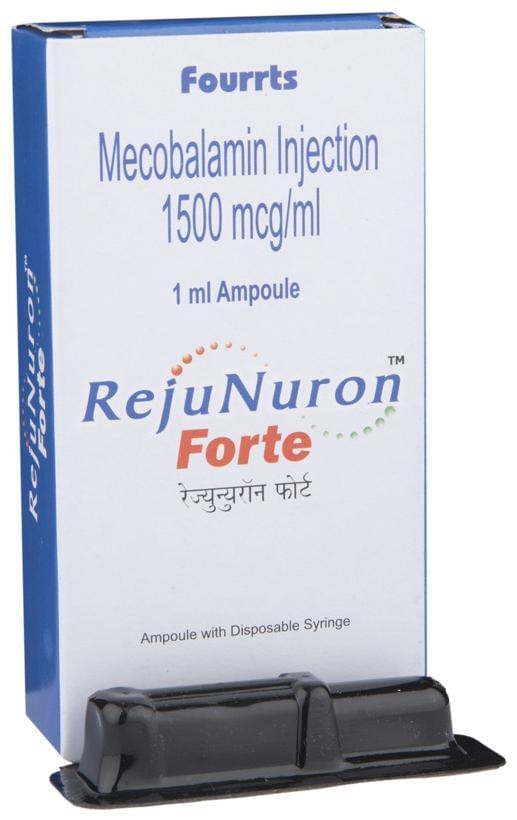Tetracosactide
Tetracosactide, also known as ACTH (Adrenocorticotropic Hormone), is a synthetic form of a naturally occurring hormone that is produced in the pituitary gland. It is used as a medication to treat a variety of conditions, primarily those related to the adrenal glands.
The adrenal glands are small, triangular-shaped glands located on top of each kidney. They produce a number of important hormones, including cortisol, aldosterone, and adrenaline. Tetracosactide works by stimulating the adrenal glands to produce more of these hormones, which can be beneficial in certain situations.
One of the primary uses of tetracosactide is in the diagnosis and treatment of Addison’s disease, a condition in which the adrenal glands do not produce enough cortisol and aldosterone. Symptoms of Addison’s disease can include fatigue, muscle weakness, low blood pressure, and skin hyperpigmentation. By stimulating the adrenal glands, tetracosactide can help to restore normal hormone levels and alleviate these symptoms.
Tetracosactide can also be used to treat other conditions related to the adrenal glands, such as congenital adrenal hyperplasia, a group of inherited disorders that affect the production of adrenal hormones. In some cases, it may be used to help the body respond better to stress or to prepare for surgery.
Tetracosactide should only be used under the supervision of a healthcare professional, as it can have side effects and may not be suitable for everyone. Potential side effects can include headache, nausea, and muscle pain. More serious side effects, such as an allergic reaction or an increase in blood pressure, are rare but can occur.

Showing all 2 results
Showing all 2 results

